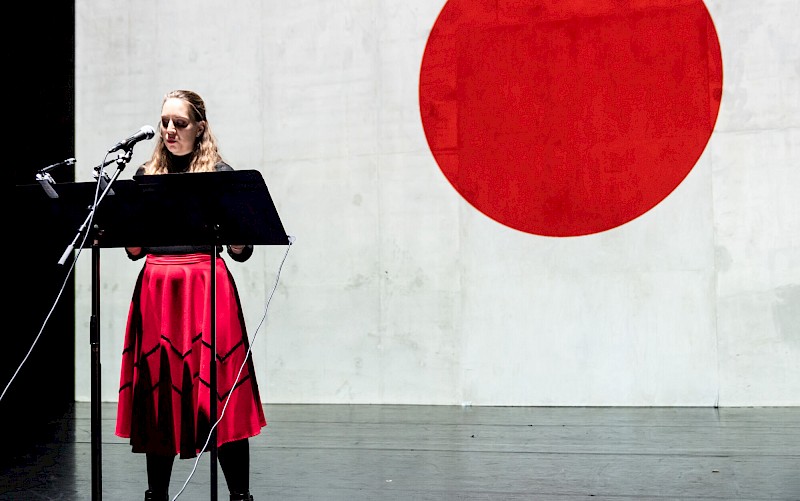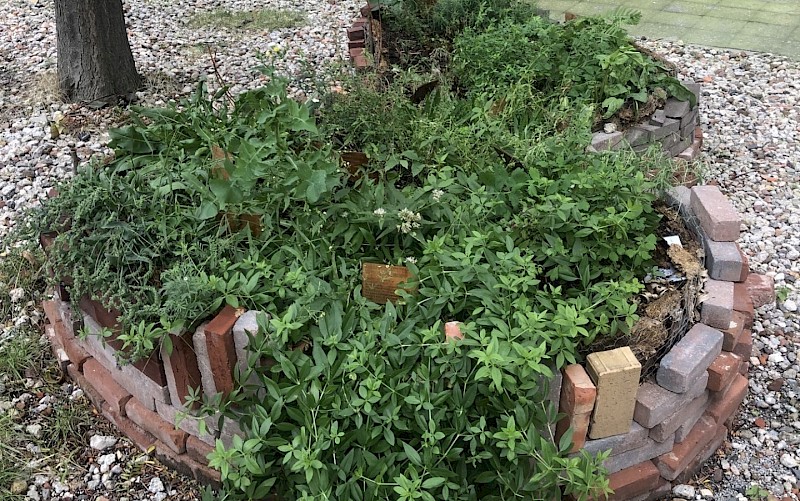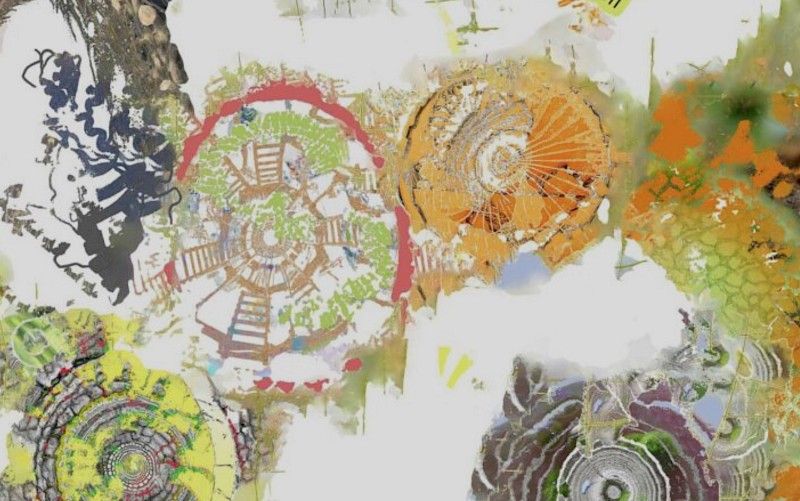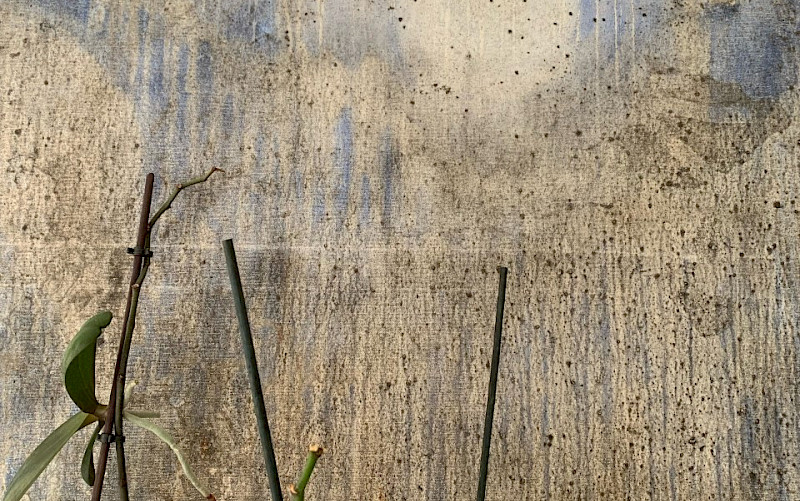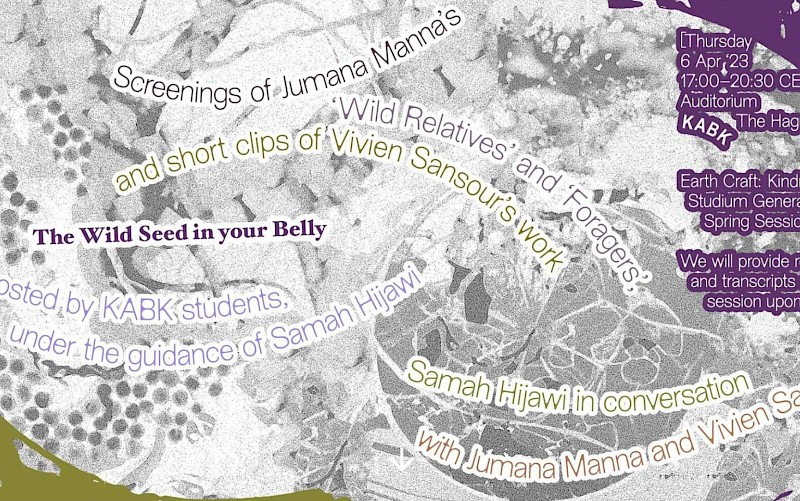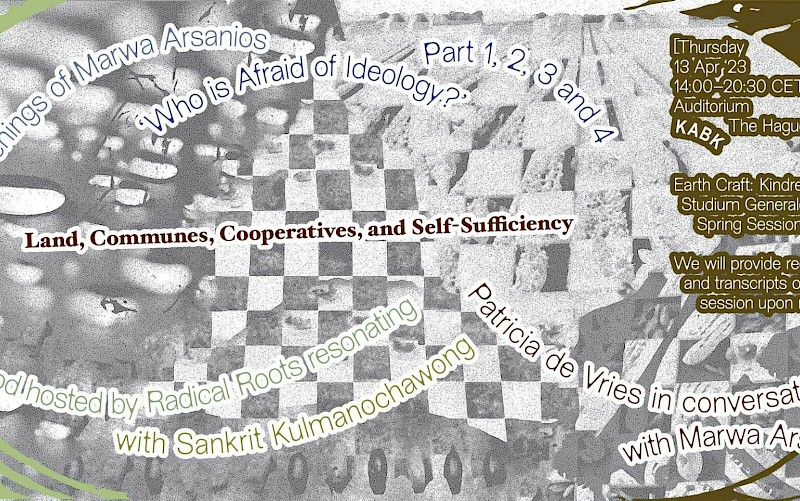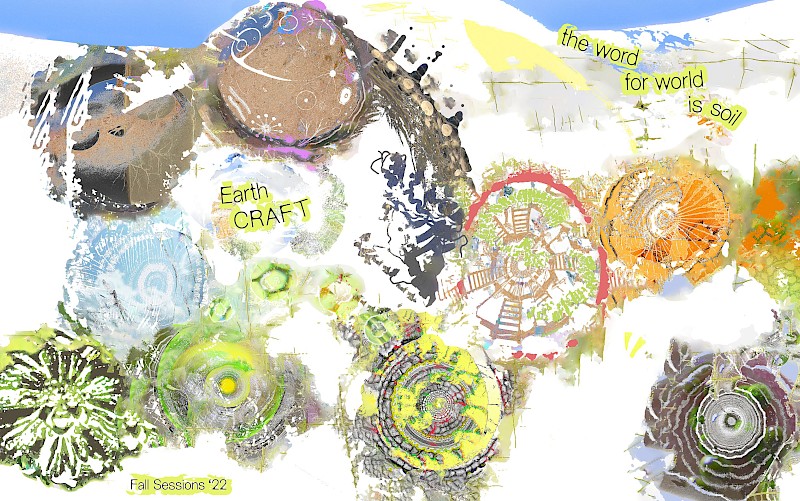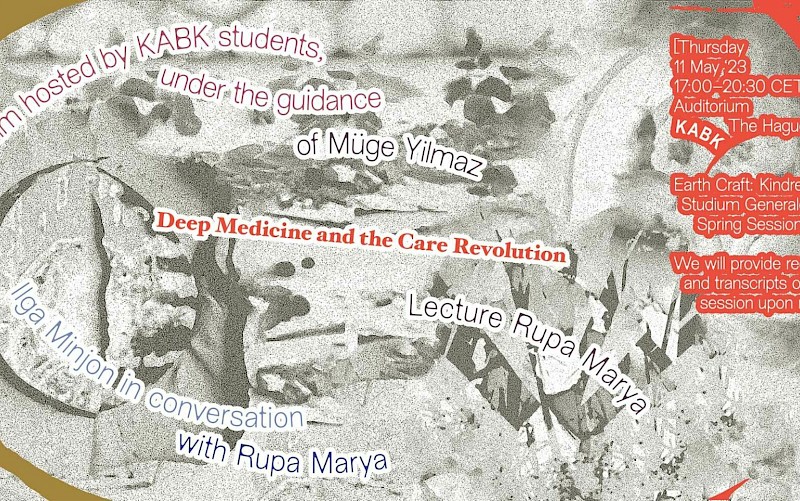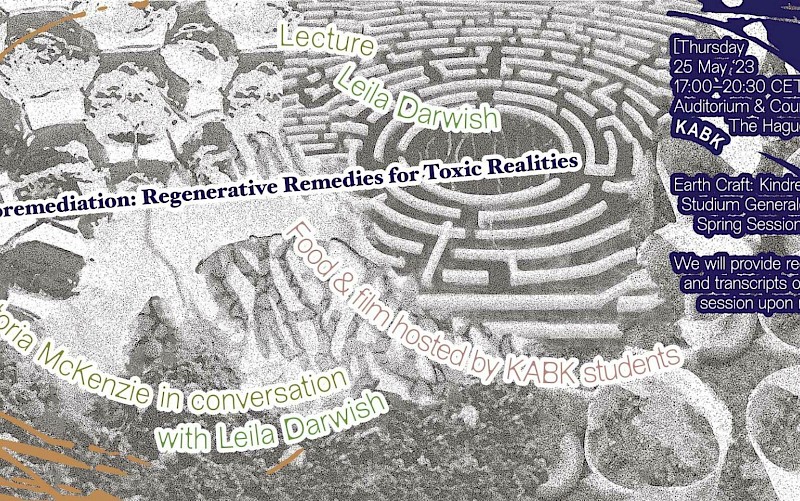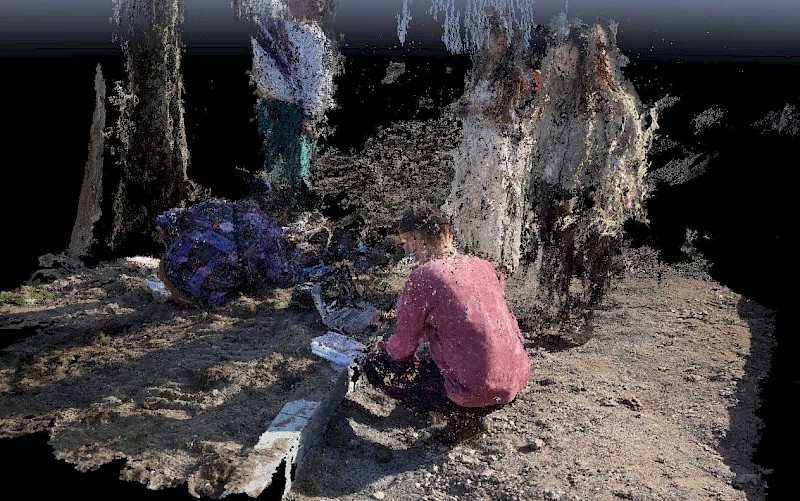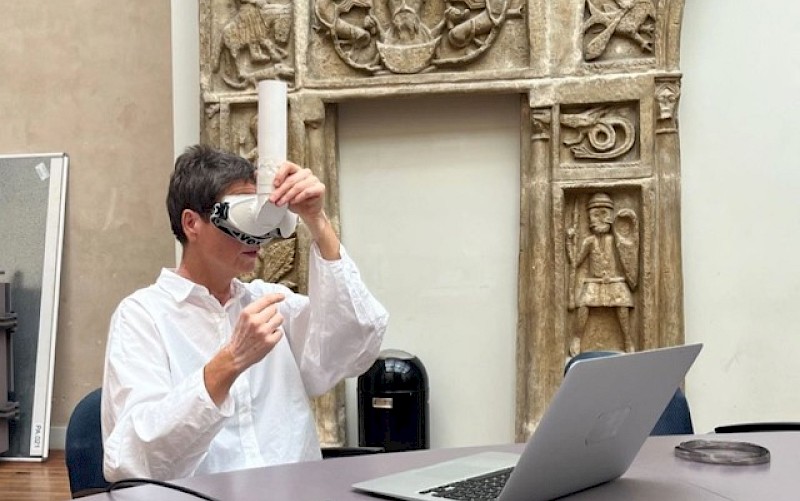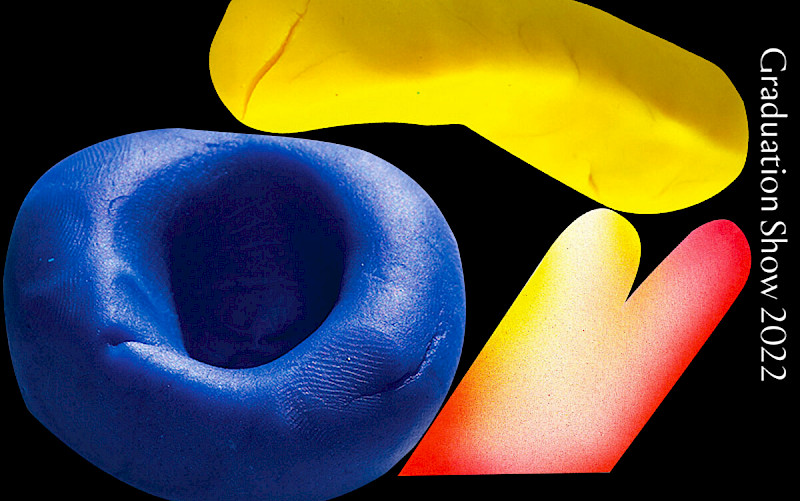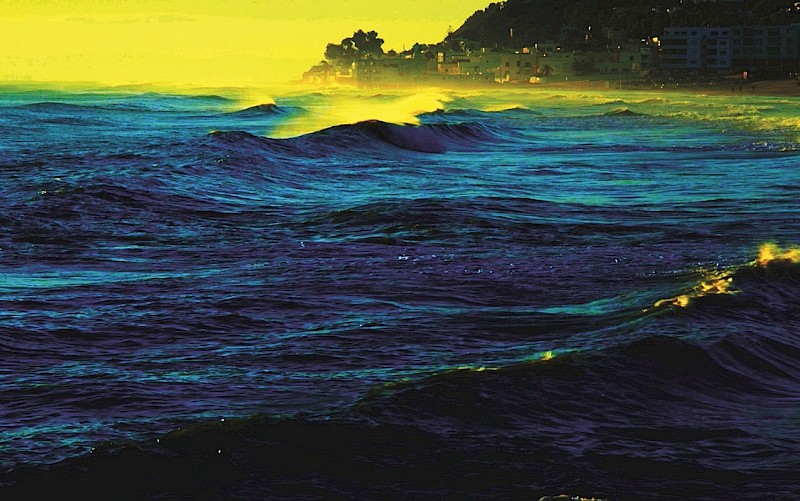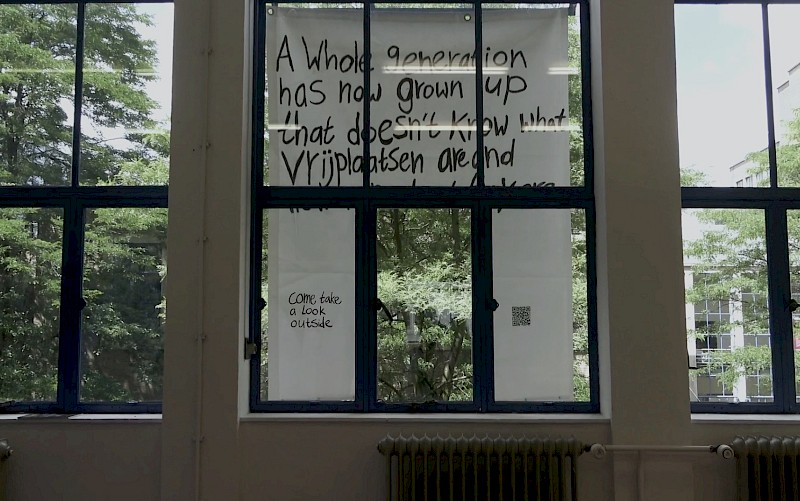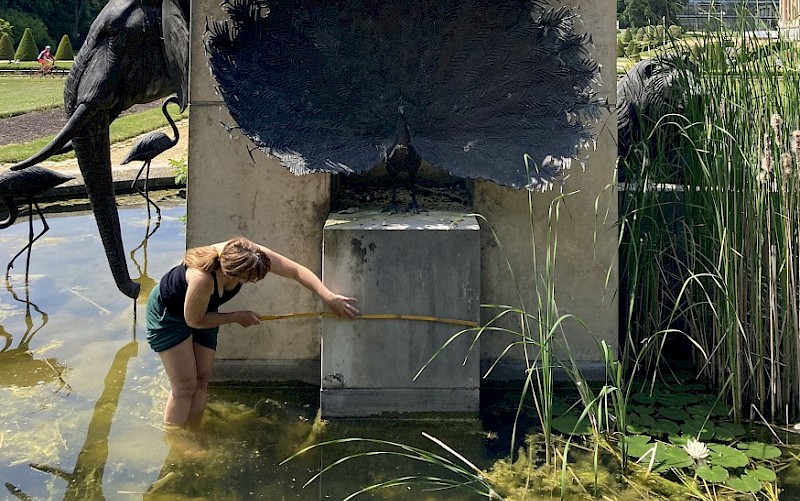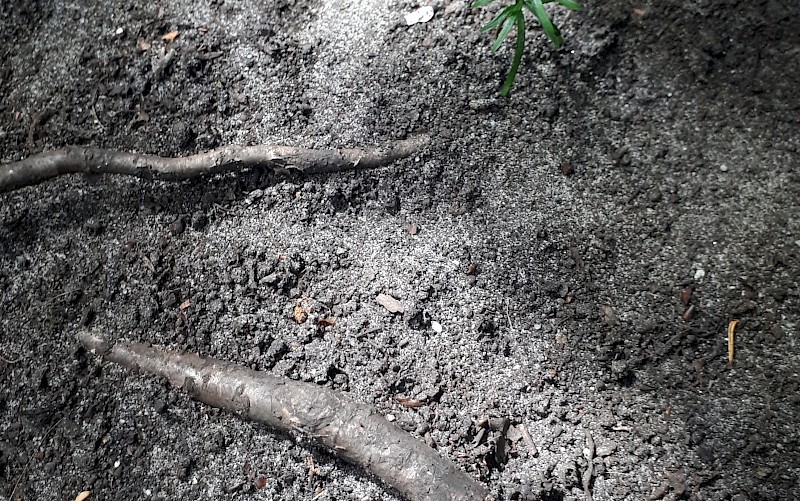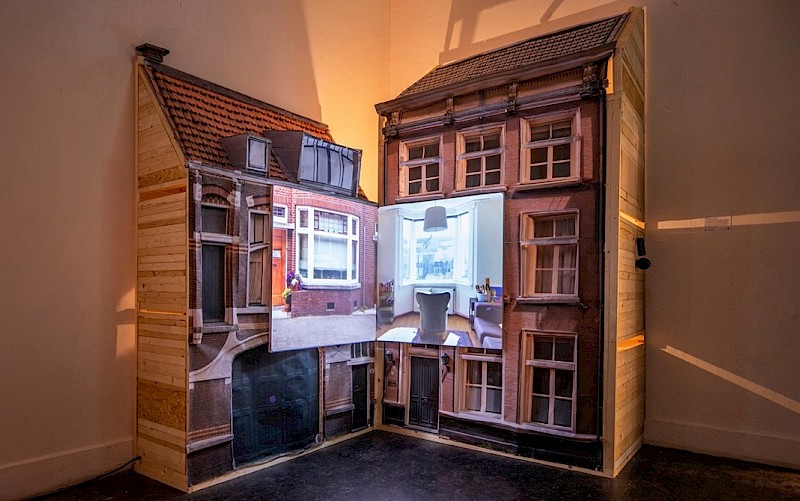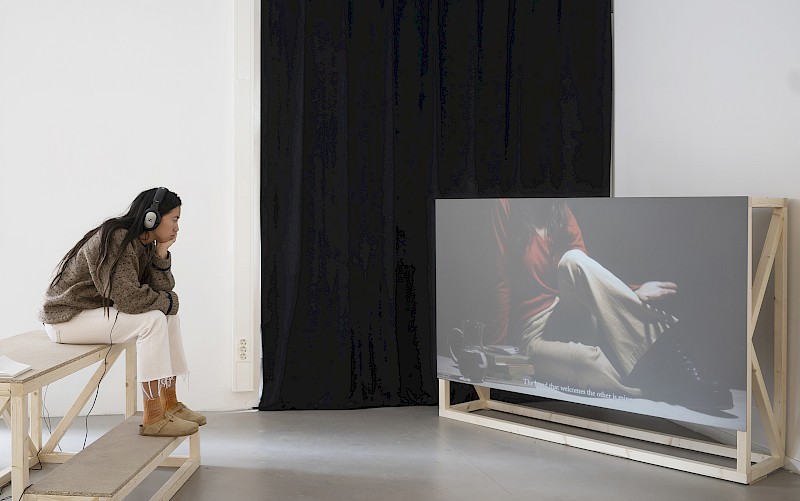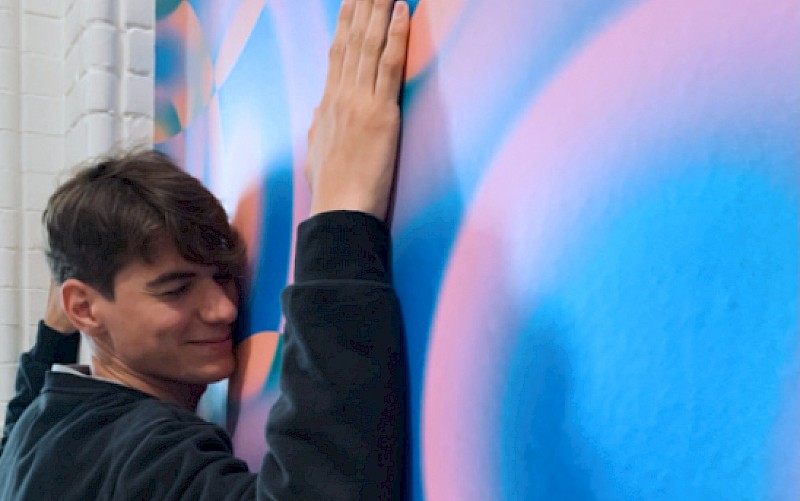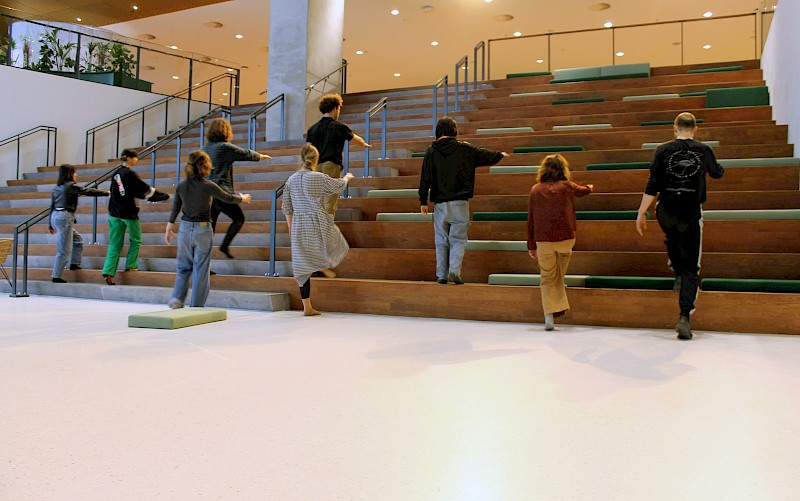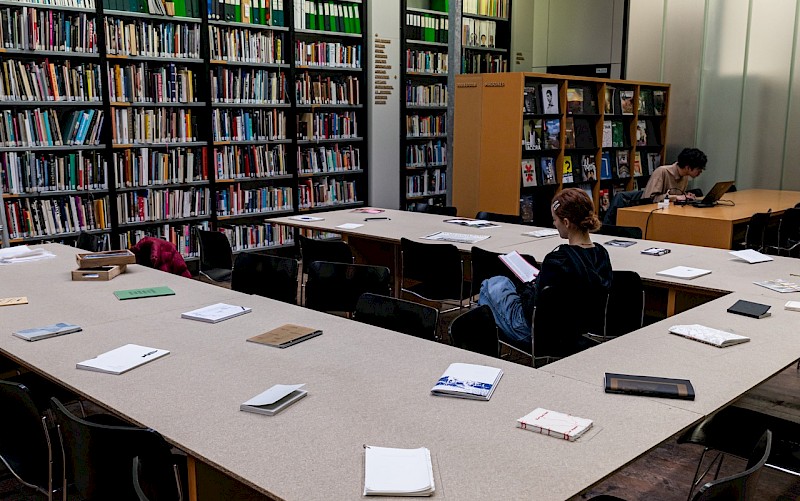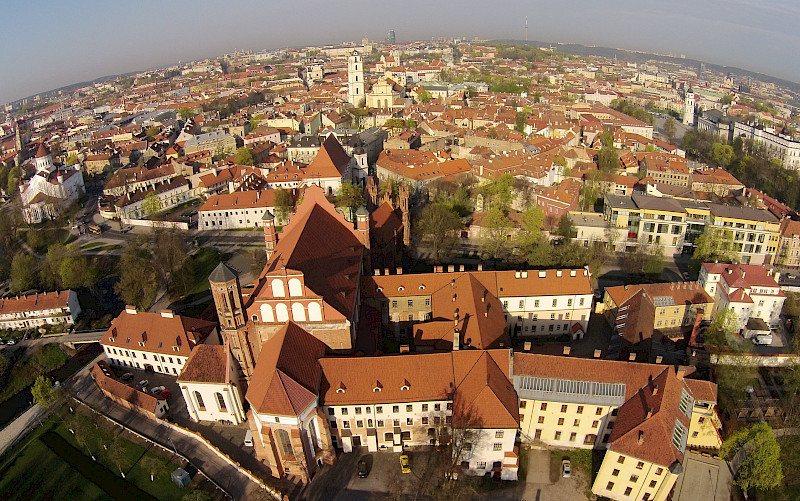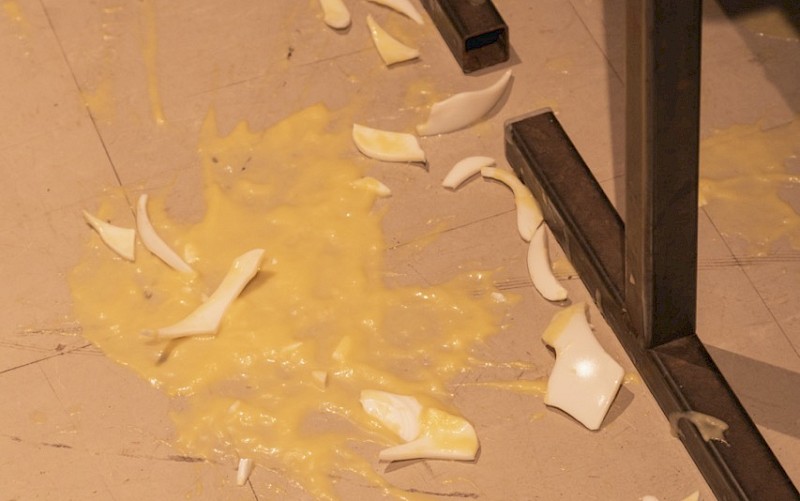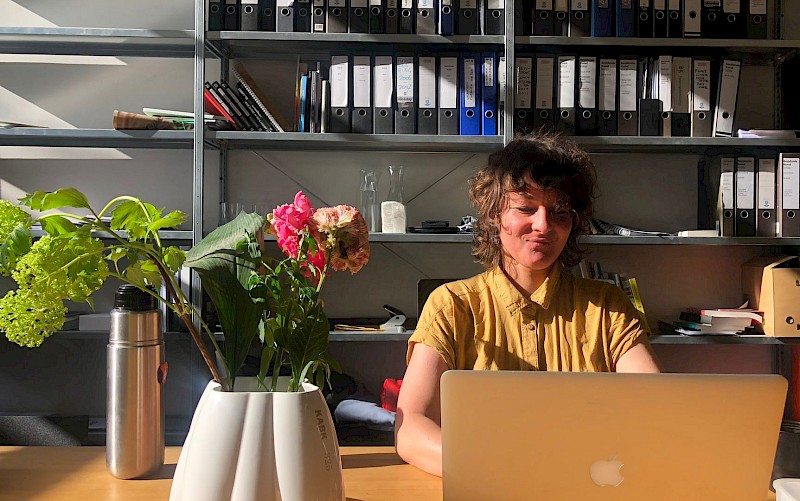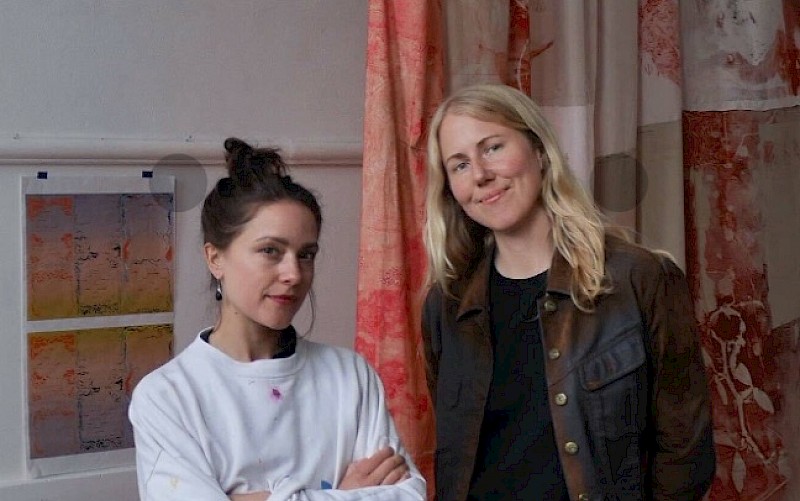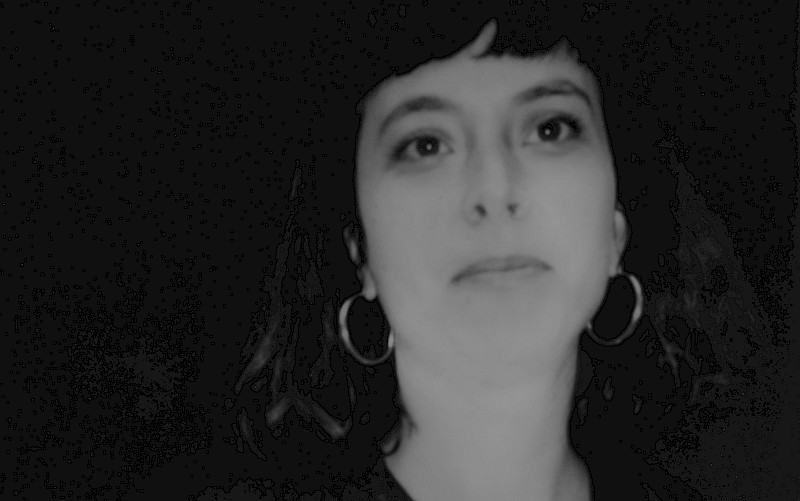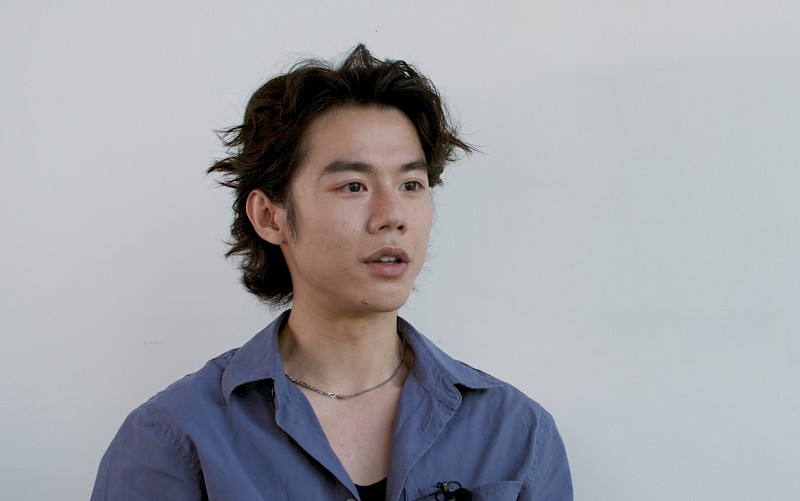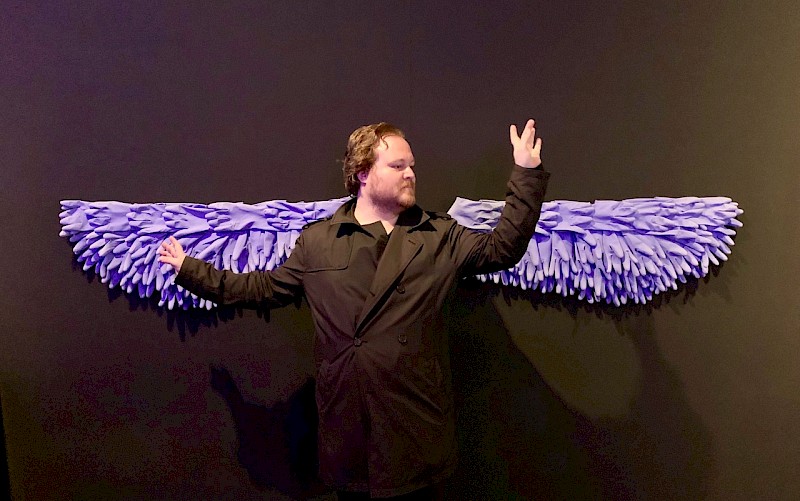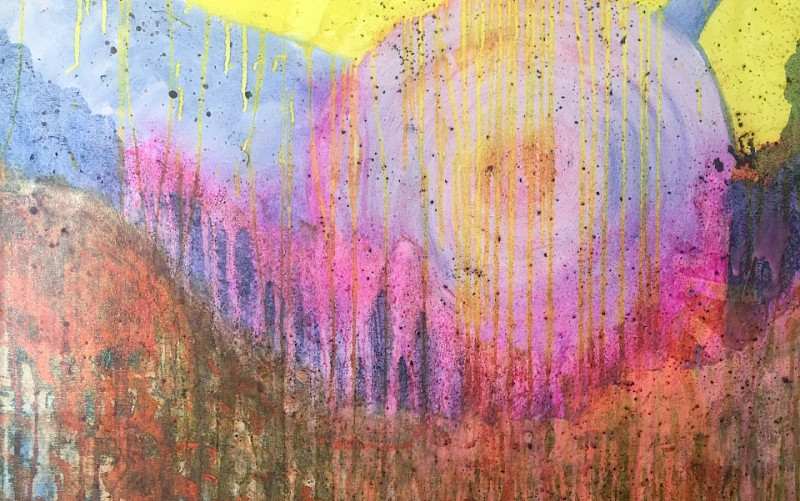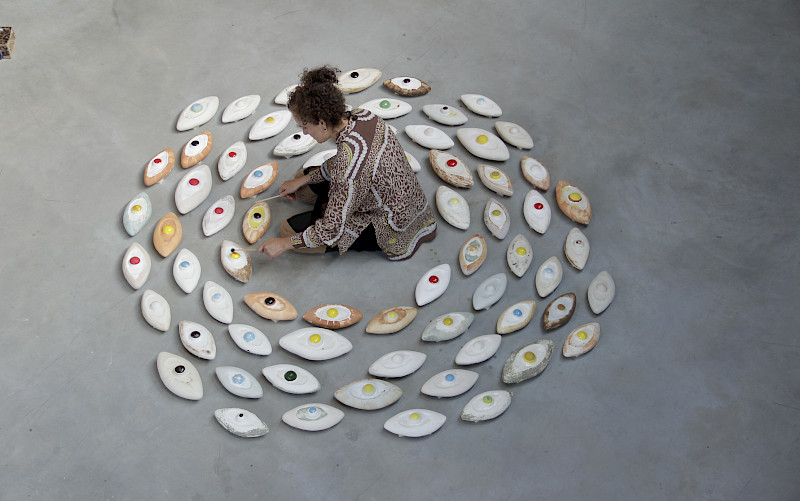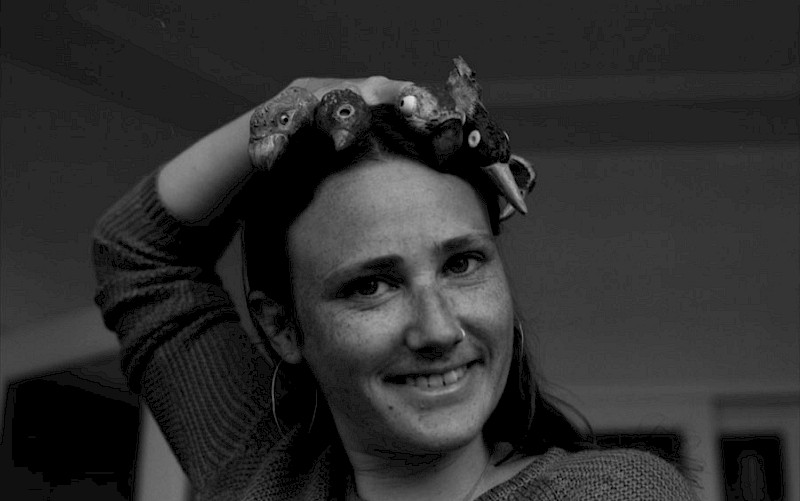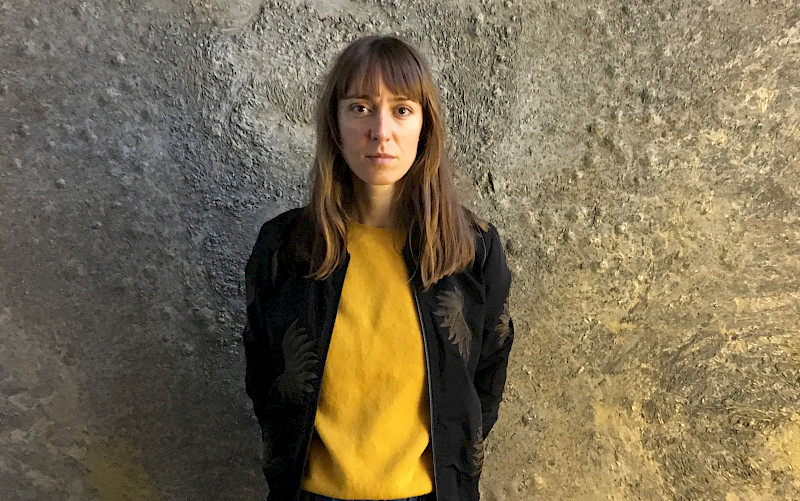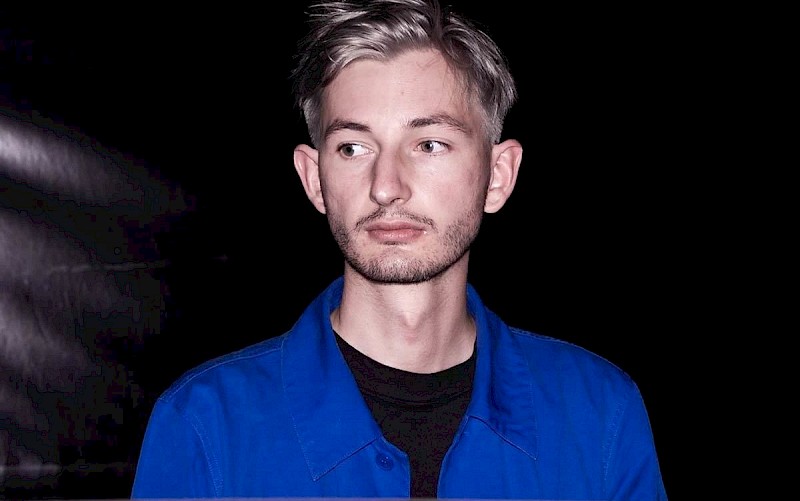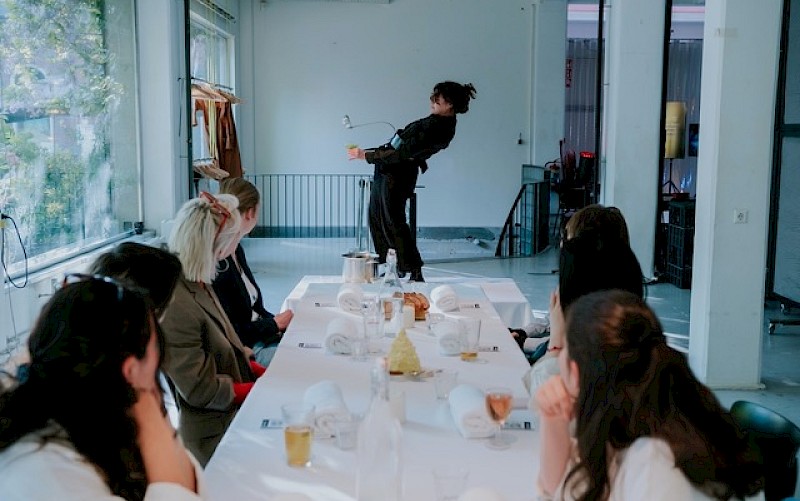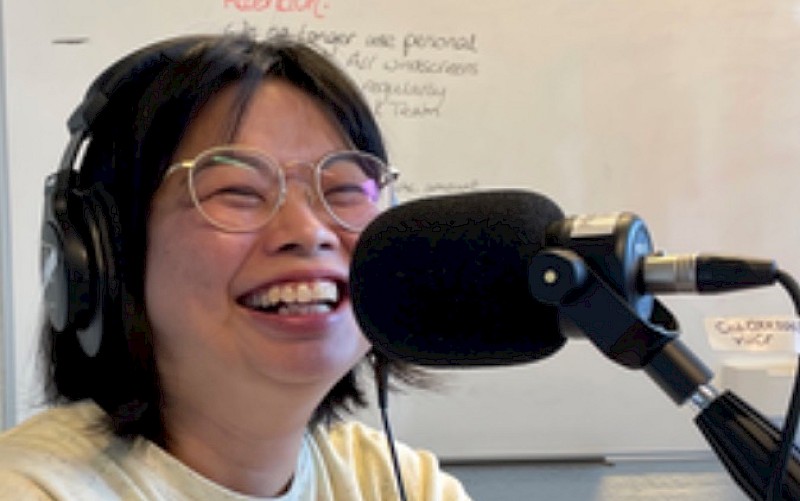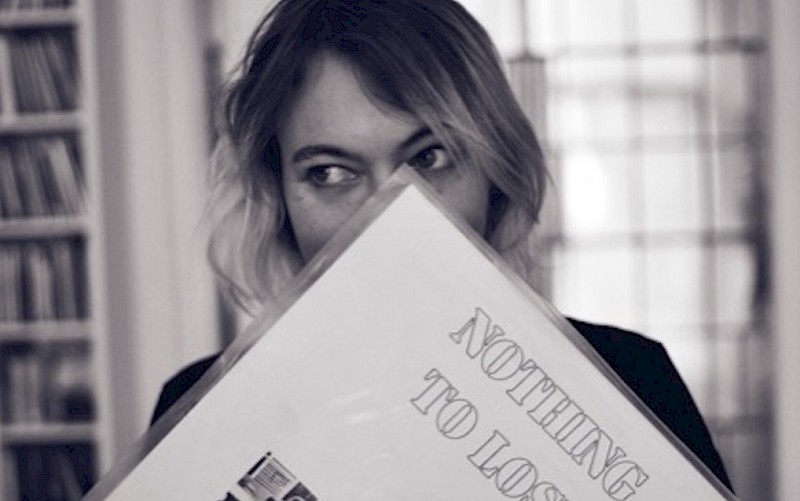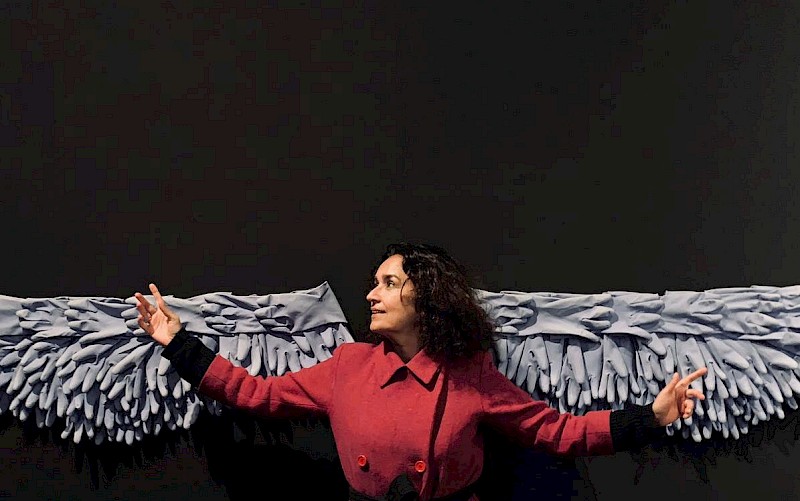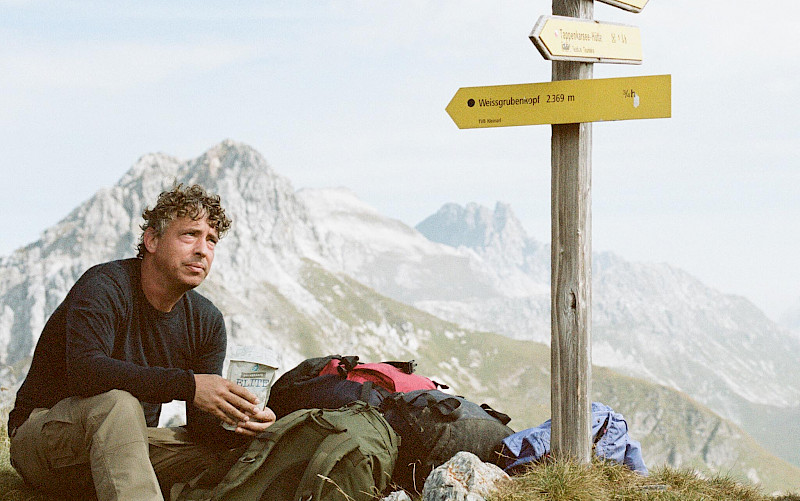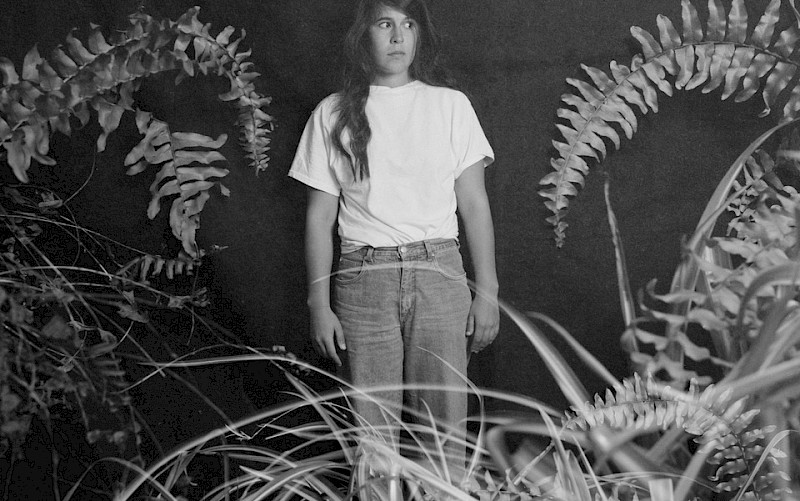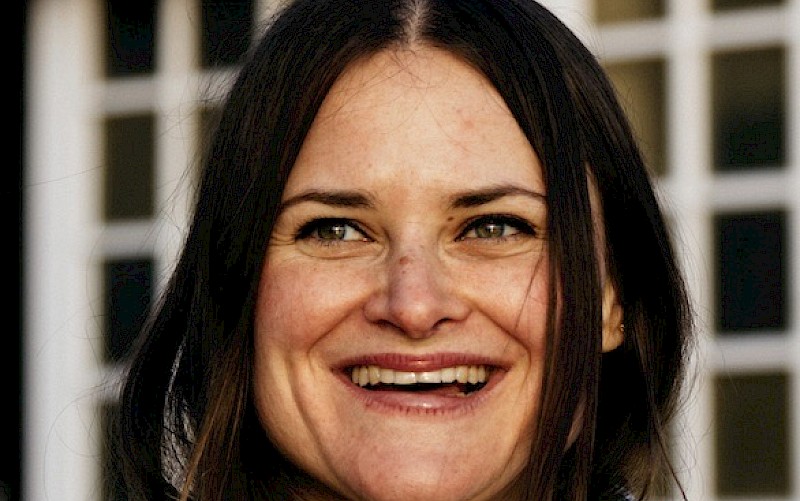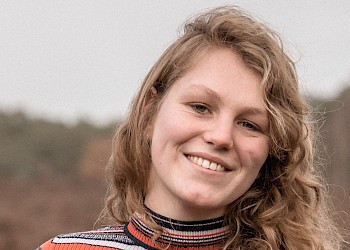
Wieneke Bremer
Wieneke Bremer is an artist who is specialized in natural dyeing with plants. When she still worked at the KABK Textile Workshop in 2023, she started a pigment garden in the Prinsessegracht courtyard.
Wieneke Bremer (1996, Houten, The Netherlands) received a bachelor degree from the Fine Arts of the Willem de Kooning Academy (WDKA) in 2017. During her bachelor at WDKA, she wanted to gain more research skills and joined the Honours programme.
However, her longing for a better craftmanship led her to Gent where she received her bachelor degree in Textile Design from the Koninklijke Academie Beeldende kunsten (KASK) and her Master degree in Textile Design from the LUCA School of Arts. During these studies, she specialized in (industrial) knitting and natural dying.
In her 3th yeard of the bachelor she did an exchange to Halle (Saale) where she studied Textile Künste in Burg Giebigenstein. This is where she started doing performances, engaging with the earth. She makes romantic dune landscapes out of natural dyed wool, which are somethimes used in her performances. Her art is part of her research of dune dwelling. How to dwell, engaging actively with the earth so we get a deeper relation with it?
After her studies she worked as an art teacher and started to work on her own practice in her atelier DEIK, in Delft.
Colour Activism & Dyeing with Plants
Every artist uses color. It is relevant to know where our colors come from and to learn how they have been produced. It takes time to get color, the slow process teaches us to become aware how magical it is that the earth gives us these colors. The more time you spend on the color and the growing of plants, the more you get a connection with it. This connection is important to change our behavior towards the earth. Choosing the slow way to extract color from plants instead the fast way is a form of activism, or color activism.
The dye garden is part of the community garden of Ginkgo, the Green Office of KABK, where students and employees form a community by taking care of the garden. It can be used for both education as well as natural dye and ink making purposes.
